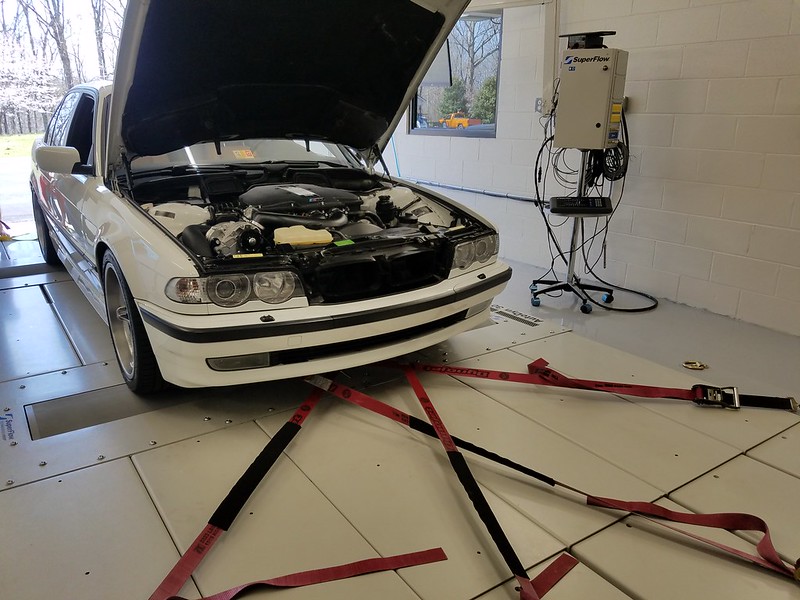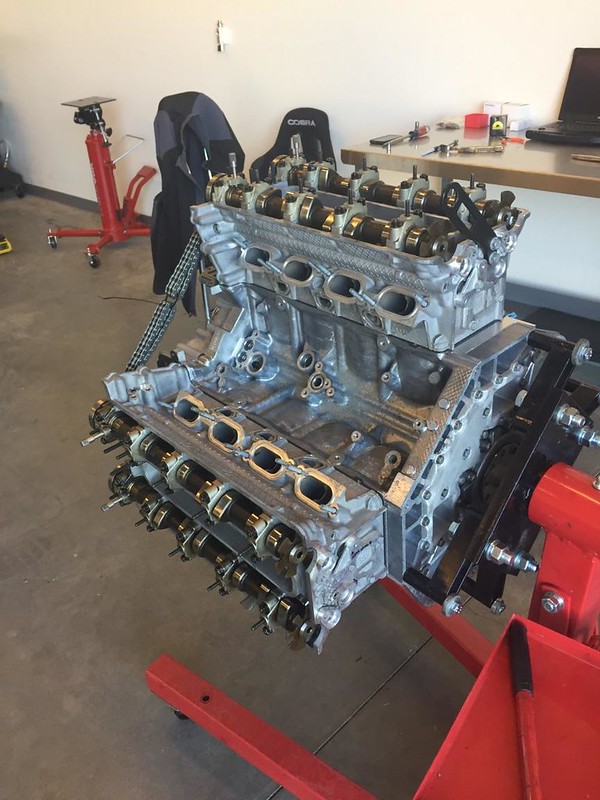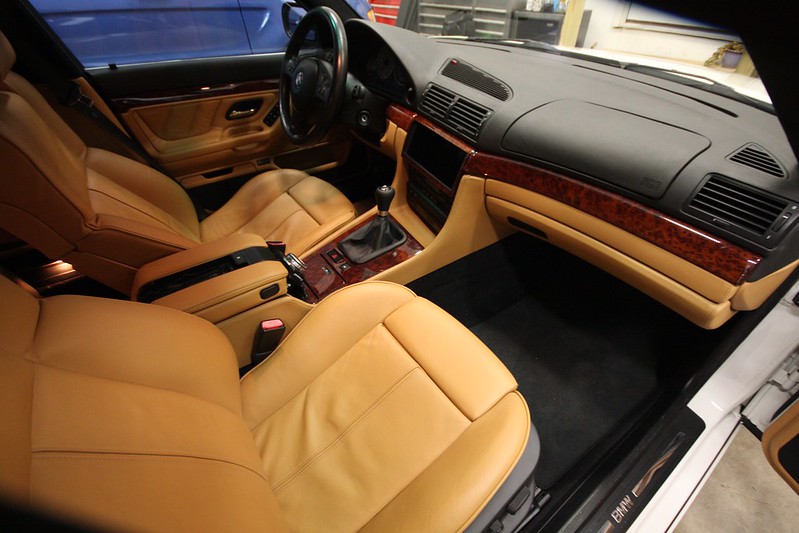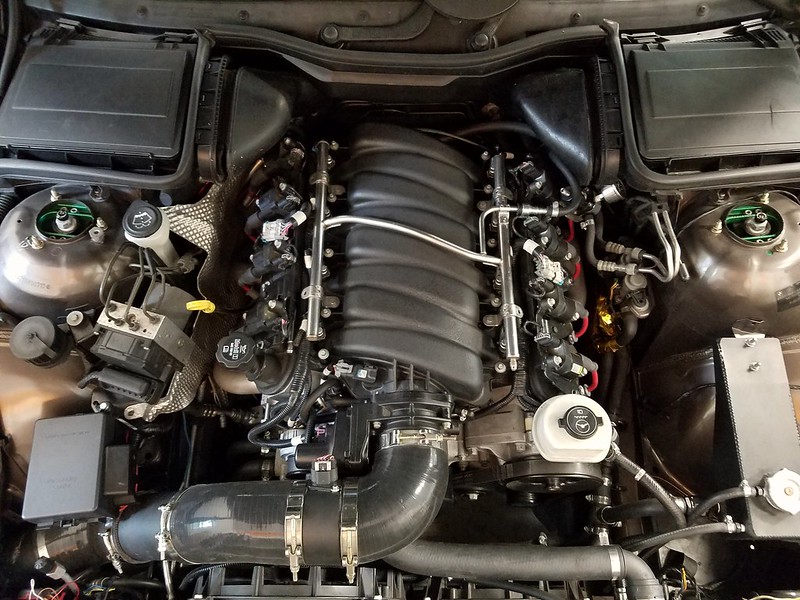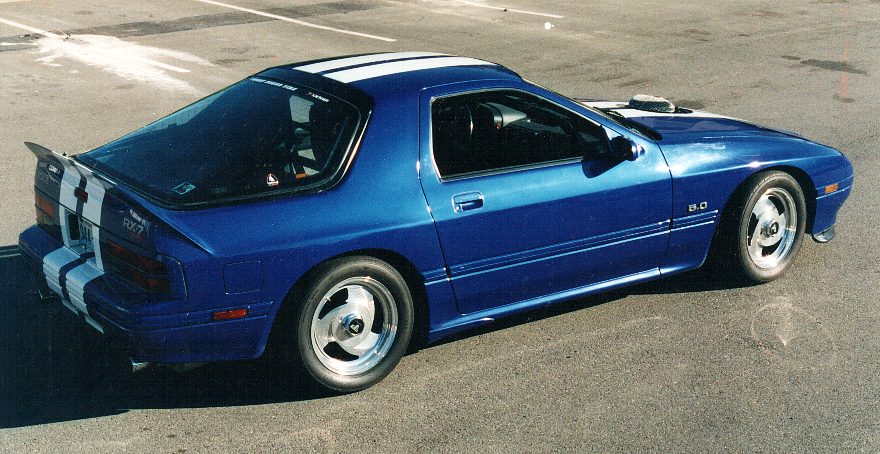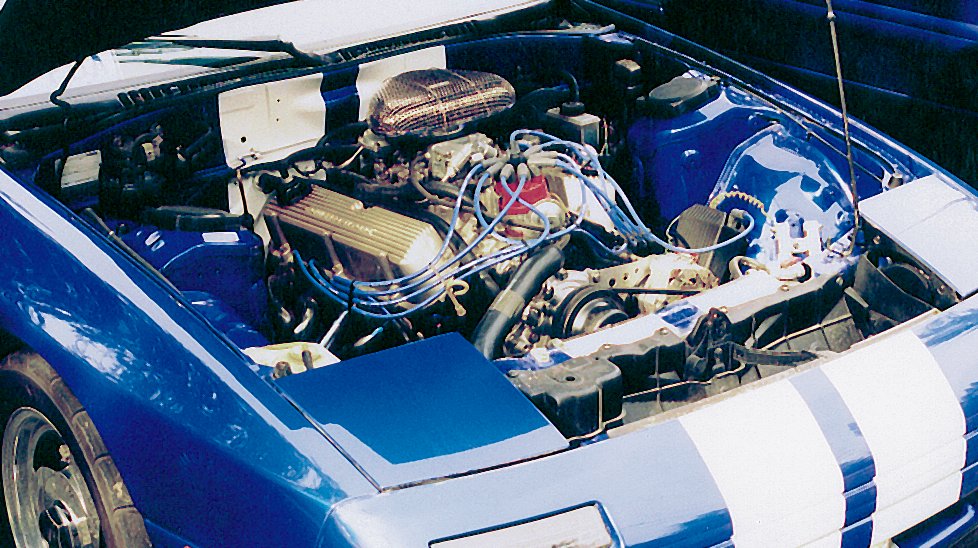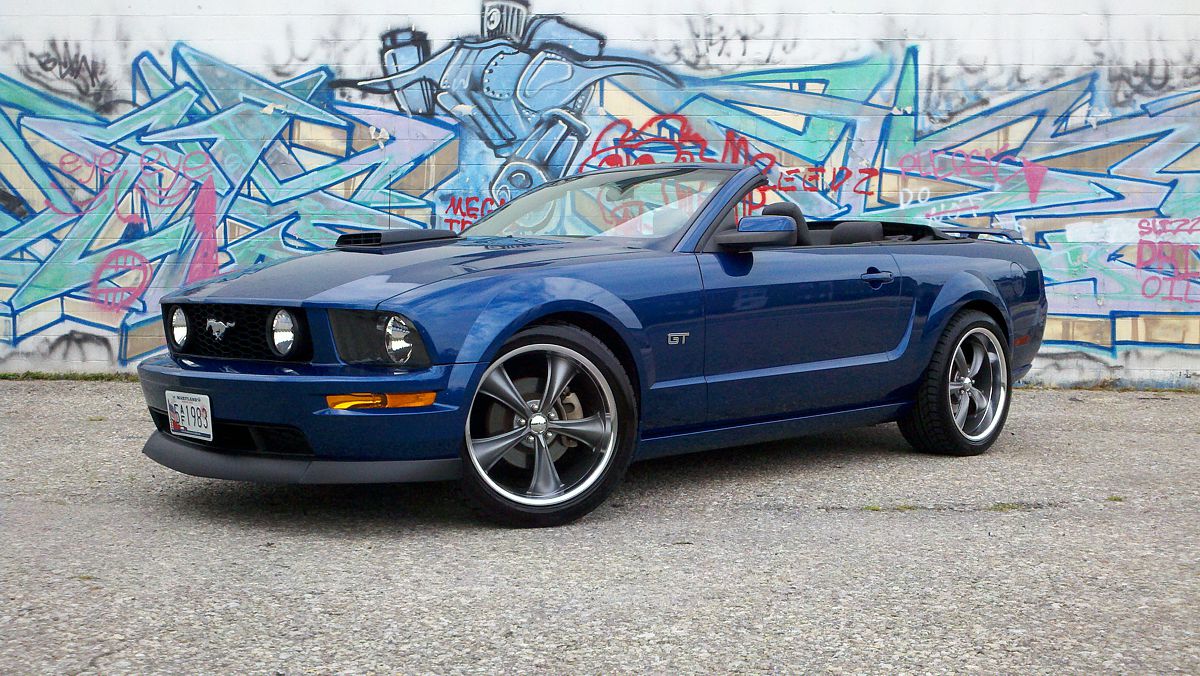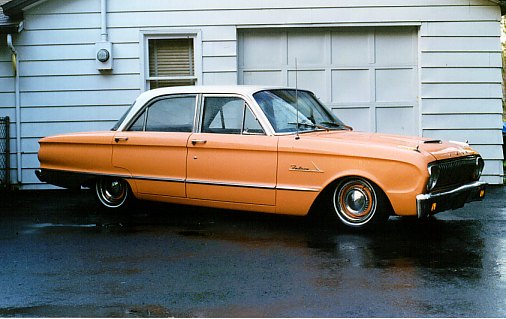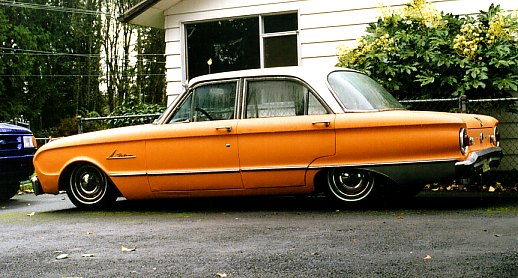For the record, I don't think either Matt or Todd (from Everyday Driver) is saying to not mod your car. Matt clearly mods most of his rides, to include his [most recently acquired] Focus RS:
https://www.youtube.com/watch?v=gzx1OGZjgik
^^^With less than 5k miles on the ticker, Matt has put an intake, intercooler, some SSB brake lines and a tune on his Focus RS.
Same with Todd from Everyday Driver:
https://www.youtube.com/watch?v=2bhnMYvn5S4&index=2&list=PLHxU7q4gi5_sFJCSzL7x5zPsz4WxzuKgd
^^^Todd has modded his personal Scion FR-S with a header, exhaust, a tune and a set of aftermarket wheels/tires.
Based on their actions, I think both of these guys see the value in simple bolt-ons and customization. I subscribe to both of these channels and from the countless One Take's I've seen with Matt, it would appear that he's enjoyed some well done modified vehicles; his drives in an EF Civic Si hatch, the Exocet, a S/C'd Miata, 400hp FD RX-7, a 2JZ Datsun 260Z and a few others come to mind. However, with the amount of cash invested into some of these cars, I think he's saying for the money, he would rather just have a turn-key OEM sports car that is better put together, well sorted from the factory and easier to live with.
I think what these guys are saying isn't to avoid modding your car altogether. But there is a point where you're likely better served by buying a more expensive engineering effort to begin with. At least for a street car.
Full blown race car, different story. If you're gutting the car, putting in a stiff suspension, a roll cage and throwing away most of the stock parts anyway, it likely makes more sense to modify a cheaper car than it does "ruining" a high end sports car.
The same can be said for cars built to run in a specific class/series. Although, I would still classify most of those cars as more "race car" than "street car".
On a street car, simple bolt-ons to customize your car make sense. But at a certain point, it becomes difficult to justify to some people; myself included. When you start doubling the power output of your engine, but the rest of the powertrain wasn't engineered to take the extra power, it might be an expensive endeavor to re-engineer everything to take the extra load. When you're throwing in forged internals, head work, custom cams, etc and then you're dropping extra cash on beefing up the cooling system, running a stiffer/heavier clutch, a more robust differential/transmission, thicker half shafts... and all in a chassis that was never designed to put down the extra power. Sure, you can stiffen the chassis with bracing, run a better damped suspension, run wider wheels/tires with flared fenders, etc.....
But at some point, it might just make more sense to buy a car that was engineered to take the extra load from the factory. Where the OEM engineers have already addressed reliability concerns and beefed up the chassis and drivetrain accordingly.
I ran into a similar issue when I was still in the military ~13 years ago. I threw a bunch of money/parts at a WRX I owned rather than just buying an STI. I ended up with a couple of destroyed clutches, I seared the teeth off of 2nd gear and finally ended up with a cracked ringland on cylinder #4 before selling the car. For the money I spent modding that car, I could've just bought an STI that came with a bigger motor, bigger turbo, stronger engine internals, a better suspension, wider wheels/tires and a much more robust drivertrain/transmission/clutch. For the record, I did all of my own wrenching and had the car professionally tuned by a reputable shop... but in the end, since I was throwing away perfectly good OEM parts, it still would have been cheaper to have just bought the more focused, OEM built STI. Very similar experience to the 323i to M3 conversion mentioned earlier in this thread. Lesson learned.
I don't think they're saying not to modify your car. I think they're against spending 2-3 times the amount you pay for your (new-ish) sports car on modifying it when there are better alternatives out there for the money. Letting the OEM's eat the engineering costs and save you money through mass production and not having to throw away perfectly good OEM parts.









